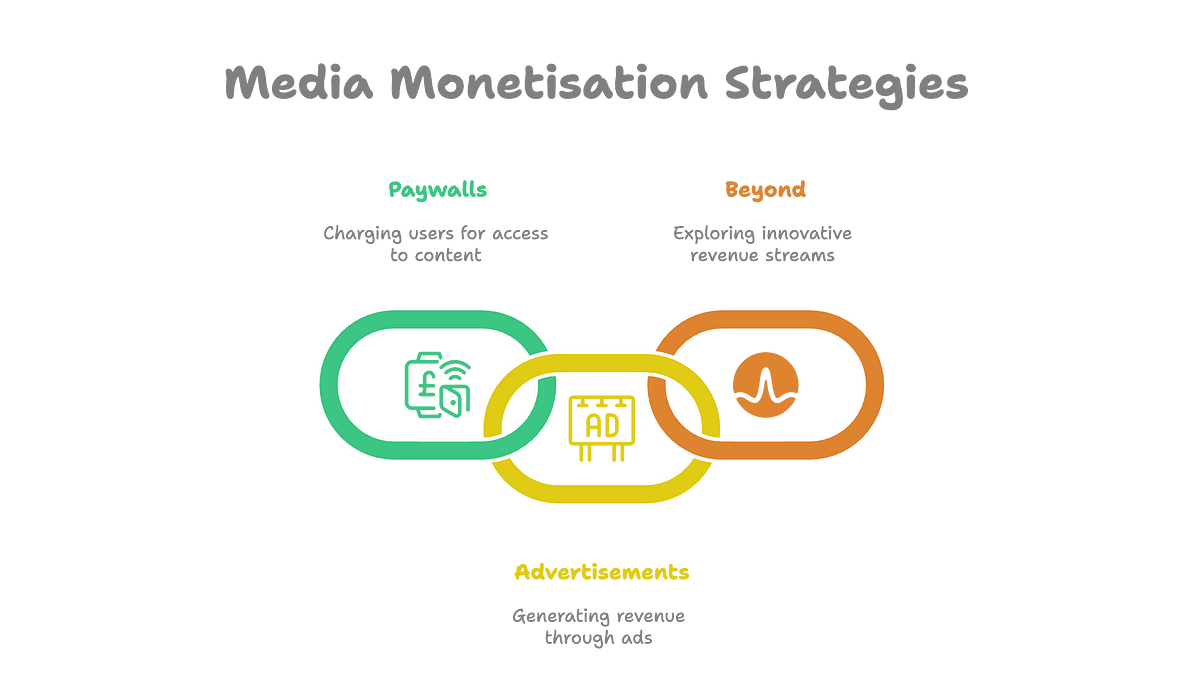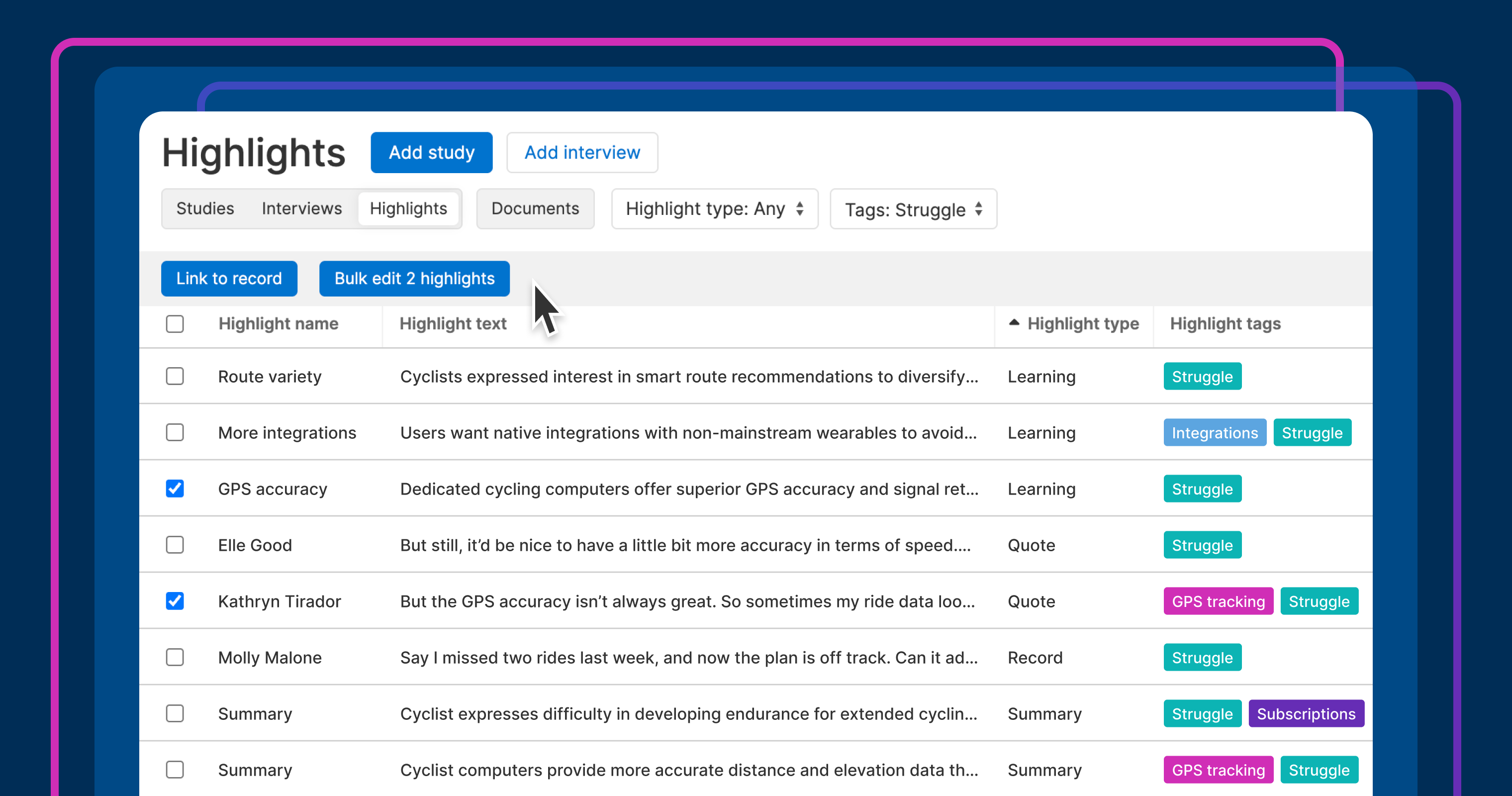How to turn job hopping into a win on your résumé
Short-term jobs are common in today’s employment landscape, so don’t fret if you have a few brief stints on your résumé. Not only can such experiences at several organizations showcase the breadth of your experience, your ability to adapt to new corporate cultures is also a skill you can sell. But you do have to sell it it, and HR experts explain how to positively spin your employment scorecard and answer questions about your résumé that hiring managers may ask. Should you list all your short-term jobs on your résumé? Your résumé can be the first impression you make, so let it reflect an accurate history of your experience. “Your résumé sets the tone for a transparent dialogue with potential employers,” says Jaune Little, director of recruiting services at Insperity who is based in Houston. “Honesty builds trust, and trust is the foundation of any successful professional relationship.” From her vantage point as a recruiting executive, Little says today’s career paths are less linear. “Many professionals are taking on project-based or exploratory roles to build skills, broaden their exposure, or recalibrate their long-term goals,” she continues. This kind of career agility reflects curiosity and self-awareness but knowing how to frame them in a conversation or cover letter can be make or break, she notes. How to upskill and highlight various job stints on your résumé It’s best to be prepared to answer questions about your short employment stints. Here are a few ways you can frame a shorter stint to highlight your learnings and intentionality when asked for in a job interview: Why were you only at that company for five months? Be forthcoming, say the role wasn’t a good fit. Little recommends answering with a response like: “The role wasn’t what I expected, but my experience there clarified what I’m looking for.” Show self-awareness, integrity, and a commitment to meaningful work by describing what didn’t align for you, the steps you took to pivot, and more importantly, why, Little outlines. We are wondering what caused you to leave this job after only a few weeks? If the role was a contract opportunity, be sure to convey that, by having an answer ready. Little says this reply will leave the interviewer understanding more. Tell them that the “The role was short-term by design.” It’s also valuable to add context around an intentionally short project-based or contract role, sharing that you are open to opportunities that help you to build different skills quickly, and where you’re able to contribute in a focused manner for the benefit of your skill set, asserts Little. As long as you are prepared to offer context and an explanation as to why your tenure at these companies was brief, it can be framed as an edge. “At the end of the day, HR professionals are looking for storytelling and context that makes sense,” Little says. “If your résumé reflects thoughtful decisions and real contributions, it can easily be framed as a competitive advantage. Just be ready to explain why you did it—and how it made you better.” Should you always include brief job stints on your résumé? If you were at a job a very short time and it didn’t add anything to your skill set, in some cases omitting it from your résumé is acceptable. “There’s a difference between being strategic and being misleading,” says Joshua Smith, a senior vice president at Adecco in Dallas. “If a role lasted a few weeks and had no impact on your trajectory, it might be reasonable to omit it.” However, if that brief stint sharpened your skills, or improved your decision-making or your career path, you’re better off including it with context, he clarifies. “The key is to frame it well in your interview dialogue,” he says. Keep in mind, a gap with no explanation, he says, tends to raise more red flags than a short stint with an honest story. “If you leave it out, you must be prepared to address the gap, as smart interviewers will ask what you did during that time,” Smith advises. Ultimately, can you spin that several shorts stints were helpful to your development? Smith says several roles over a short period of time do present your ability to be nimble and agile so you can turn perceived instability into a story of momentum. To do this, he suggests you might say: “Each role gave me the chance to stretch different muscles, solve new problems, and build resilience.” Or “While some of these roles were brief, they were highly intentional. I sought out environments where I could quickly add value and accelerate my learning curve.” Another component to consider regarding your whirlwind work history could be that your interviewer is curious about your professional path. “As someone who partners closely with HR and hiring leaders across industries, I can tell you the first instinct is curiosity rather than judgment,” says Smith. “We care more about the why than the how.” Use your cover letter If your résumé could s

Short-term jobs are common in today’s employment landscape, so don’t fret if you have a few brief stints on your résumé. Not only can such experiences at several organizations showcase the breadth of your experience, your ability to adapt to new corporate cultures is also a skill you can sell.
But you do have to sell it it, and HR experts explain how to positively spin your employment scorecard and answer questions about your résumé that hiring managers may ask.
Should you list all your short-term jobs on your résumé?
Your résumé can be the first impression you make, so let it reflect an accurate history of your experience. “Your résumé sets the tone for a transparent dialogue with potential employers,” says Jaune Little, director of recruiting services at Insperity who is based in Houston. “Honesty builds trust, and trust is the foundation of any successful professional relationship.”
From her vantage point as a recruiting executive, Little says today’s career paths are less linear. “Many professionals are taking on project-based or exploratory roles to build skills, broaden their exposure, or recalibrate their long-term goals,” she continues. This kind of career agility reflects curiosity and self-awareness but knowing how to frame them in a conversation or cover letter can be make or break, she notes.
How to upskill and highlight various job stints on your résumé
It’s best to be prepared to answer questions about your short employment stints. Here are a few ways you can frame a shorter stint to highlight your learnings and intentionality when asked for in a job interview:
Why were you only at that company for five months?
Be forthcoming, say the role wasn’t a good fit. Little recommends answering with a response like: “The role wasn’t what I expected, but my experience there clarified what I’m looking for.” Show self-awareness, integrity, and a commitment to meaningful work by describing what didn’t align for you, the steps you took to pivot, and more importantly, why, Little outlines.
We are wondering what caused you to leave this job after only a few weeks?
If the role was a contract opportunity, be sure to convey that, by having an answer ready. Little says this reply will leave the interviewer understanding more. Tell them that the “The role was short-term by design.” It’s also valuable to add context around an intentionally short project-based or contract role, sharing that you are open to opportunities that help you to build different skills quickly, and where you’re able to contribute in a focused manner for the benefit of your skill set, asserts Little.
As long as you are prepared to offer context and an explanation as to why your tenure at these companies was brief, it can be framed as an edge. “At the end of the day, HR professionals are looking for storytelling and context that makes sense,” Little says. “If your résumé reflects thoughtful decisions and real contributions, it can easily be framed as a competitive advantage. Just be ready to explain why you did it—and how it made you better.”
Should you always include brief job stints on your résumé?
If you were at a job a very short time and it didn’t add anything to your skill set, in some cases omitting it from your résumé is acceptable. “There’s a difference between being strategic and being misleading,” says Joshua Smith, a senior vice president at Adecco in Dallas. “If a role lasted a few weeks and had no impact on your trajectory, it might be reasonable to omit it.”
However, if that brief stint sharpened your skills, or improved your decision-making or your career path, you’re better off including it with context, he clarifies. “The key is to frame it well in your interview dialogue,” he says. Keep in mind, a gap with no explanation, he says, tends to raise more red flags than a short stint with an honest story. “If you leave it out, you must be prepared to address the gap, as smart interviewers will ask what you did during that time,” Smith advises.
Ultimately, can you spin that several shorts stints were helpful to your development?
Smith says several roles over a short period of time do present your ability to be nimble and agile so you can turn perceived instability into a story of momentum. To do this, he suggests you might say: “Each role gave me the chance to stretch different muscles, solve new problems, and build resilience.” Or “While some of these roles were brief, they were highly intentional. I sought out environments where I could quickly add value and accelerate my learning curve.”
Another component to consider regarding your whirlwind work history could be that your interviewer is curious about your professional path. “As someone who partners closely with HR and hiring leaders across industries, I can tell you the first instinct is curiosity rather than judgment,” says Smith. “We care more about the why than the how.”
Use your cover letter
If your résumé could spark questions, opt to use a cover letter to get in front of it. Smith says even a brief letter that addresses your circumstance could work to your advantage. He suggests framing your cover letter this way: “My recent roles have each been targeted opportunities where I was brought in to support transformation, lead through change, or build something from scratch.”
Offering this statement simply will set the tone with maturity and ownership and will showcase your ability to be transparent, which is vital in the interview process, he says.




































































































![Building A Digital PR Strategy: 10 Essential Steps for Beginners [With Examples]](https://buzzsumo.com/wp-content/uploads/2023/09/Building-A-Digital-PR-Strategy-10-Essential-Steps-for-Beginners-With-Examples-bblog-masthead.jpg)














































